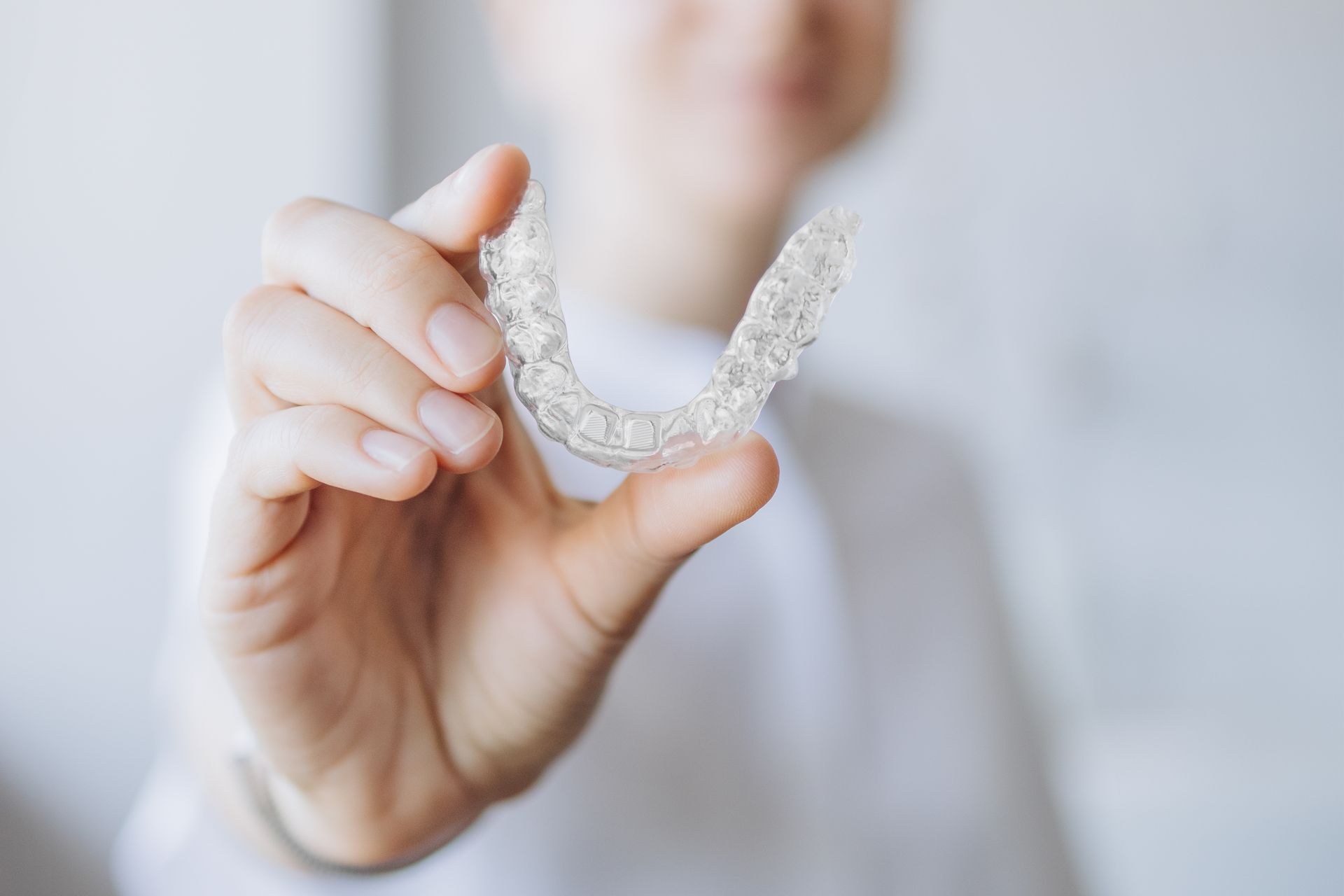Best Snacks for Healthy Teeth Your Kids Will Love
Snacking is a big part of childhood, and choosing the right snacks is important for keeping your child's teeth healthy. While the options may seem endless, not all snacks are good for your little one's teeth. Sugary and sticky snacks can lead to cavities and tooth decay, which is why it's a great idea to opt for healthier alternatives.
In this article, we’ll explore why focusing on snacks supporting dental health is crucial. We'll also share plenty of kid-approved snack ideas that are low in sugar and high in nutrients. These snacks can help keep your child’s smile bright and healthy for years to come.
Why Healthy Snacks Matter for Your Child's Teeth
Choosing healthy snacks for your children is key to their overall well-being and dental health. Healthy snacks play a big role in preventing cavities and maintaining strong teeth. Sugary and sticky foods can lead to tooth decay, so offering snacks less likely to cause harm is essential.
When kids consume sugary or starchy snacks, the sugar interacts with natural bacteria in the mouth to form acid. This acid can eat away at tooth enamel, leading to cavities over time. By choosing healthier options, you can reduce the risk of this acid attack.
Calcium-rich snacks, like cheese and yogurt, help strengthen teeth. These foods provide essential nutrients that support the development of strong teeth and bones. Foods that require chewing, such as fresh fruits and vegetables, can also promote good oral health. Chewing increases saliva production, which helps wash away food particles and neutralizes acid in the mouth.
Encouraging healthier snacks is not just about healthier teeth; it teaches children the importance of balanced nutrition. Making smart snack choices early on can set the stage for lifelong healthy eating habits. It’s much easier to prevent dental issues than to treat them later. By focusing on healthy snacks, you’re helping your child maintain a healthy smile and overall good health.
Top Snack Choices That Promote Strong Teeth
There are plenty of snacks that can keep your child's teeth strong while still satisfying their taste buds. These snacks are not only nutritious but also fun to eat. Here’s a list of tooth-friendly snacks your kids will love:
1. Cheese and Yogurt: These are packed with calcium and other nutrients that support strong teeth. Cheese also stimulates saliva production, which helps clean the mouth.
2. Crunchy Fruits:
Apples, pears, and bananas make for sweet treats that are good for teeth. Crunchy fruits help scrub away plaque from teeth as your child eats.
3. Vegetables:
Carrot sticks, celery, and bell peppers are satisfying and full of fiber. Veggies stimulate saliva flow, which is important for maintaining a healthy mouth.
4. Nuts and Seeds:
Almonds and sunflower seeds are great protein and healthy fats sources. Just ensure they’re unsalted to avoid unnecessary sodium.
5. Whole-Grain Snacks:
Whole-grain crackers and rice cakes offer fiber and energy, making them a better choice than refined grains.
These snacks offer a mix of flavors and textures that keep kids interested while supporting good oral health. Keeping a variety of these around can make it easier to avoid less healthy options. You can mix and match these snacks to create delicious combinations that keep snack time exciting.
Avoiding Sugary and Sticky Snacks
It’s important to steer clear of snacks that are high in sugar and tend to stick to teeth. These types of snacks can increase the risk of cavities and other dental problems. Sugary snacks feed the bacteria in the mouth, leading to acid production that can wear down tooth enamel over time.
Sticky snacks are problematic because they cling to teeth, making it harder for saliva to wash them away. Bacteria have more time to produce harmful acids when sugar sticks around too long. Snacks to watch out for include chewy candies, fruit roll-ups, and sugary granola bars.
Instead of these options, encourage your child to choose snacks that are less likely to stick and easier to clean off the teeth. Teaching your child about the effects of these foods on their teeth can help them make better decisions. Explain how these snacks can lead to trips to the dentist due to cavities and discomfort later on.
Being mindful of what your child eats can greatly affect their dental health. By avoiding sugary and sticky snacks, you can help them maintain a healthier mouth and smile, reducing dental issues as they grow.
Tips for Introducing Healthy Snacks to Kids
Introducing new snacks can be challenging, especially if your child is used to sugary treats. But with the right approach, you can make the transition easier and even fun. Here are some tips for getting kids excited about healthier snacks:
1. Make It Fun: Present snacks creatively. Cut fruits and veggies into fun shapes, or arrange them in colorful patterns. Making food visually appealing can spark your child's interest.
2. Offer Choices: Let your child choose from a variety of healthy options. Kids like feeling in control, so giving them the power to pick can encourage them to try new things.
3. Get Them Involved: Involve your child in snack preparation. Let them wash fruits, spread peanut butter, or arrange veggies on a plate. When kids help make snacks, they're more likely to eat them.
4. Be a Role Model:
Show your child that you enjoy healthy snacks too. Kids often mimic adults, so if they see you choosing and enjoying nutritious snacks, they might want to follow suit.
5. Introduce Gradually:
Introduce new snacks one at a time. Gradual changes give your child time to get used to new flavors and textures without feeling overwhelmed.
Trying these tips can help you create positive habits in your child's eating routine. With some patience and creativity, you can successfully introduce healthy snacks your kids will love.
Conclusion
Healthy snacking is a key component of maintaining good oral health and overall well-being for your child. By choosing snacks that are low in sugar and high in nutrients, you’re not only promoting strong teeth but also teaching valuable dietary habits. It’s important to avoid snacks that contribute to dental issues, like sugary and sticky foods, and instead offer alternatives that benefit their oral hygiene.
If you want personalized advice on improving your child's dental health through better snacking habits, contact Aria Dental of Annapolis. We are here to guide you and your family with gentle dental care and informative support. Schedule an appointment with our
dentist in Annapolis to learn how we can contribute to your family's journey towards a healthier smile!



Share This Post

